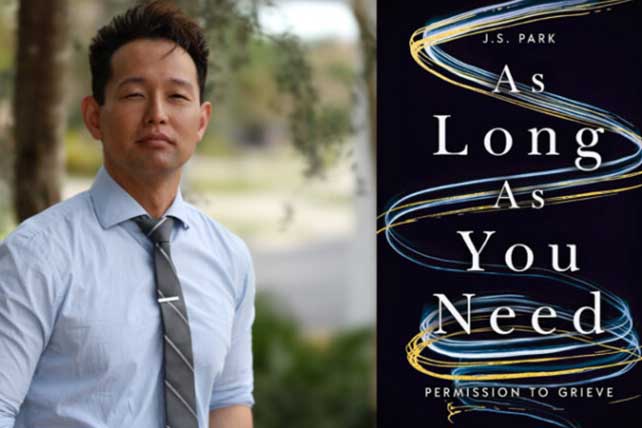What did you come to believe about God?
I do want to believe there is this cosmic constant at the center of the universe. That there is inalterable love from God, even when we suffer, and we don’t know why. What’s important for my role as a chaplain is that I’m a presence in the middle of suffering. And I think that’s perhaps what God is. I think of 1 John 4:12: “No one has seen God. But if we love one another, then God’s love lives in us and is made alive in us.” That’s where I’ve landed. It’s hard to believe, but I think it’s also hard not to.
As a chaplain, you’ve prayed many unanswered prayers. So why pray?
I still pray for my patients, and in my own life. As a chaplain, I don’t bring up religion unless they do. But when they ask, I will offer prayer. I can’t say anymore that prayer is a thing where we ask something and God answers in a tangible, physical, outcomes-driven way. Prayer is this avenue of communication with God and a reminder of God’s love for us, regardless of what happens. There are times when I pray and I’m like, gosh, I know what the doctors and nurses said, and this is real bad. I don’t think it’s going to be OK. But if it’s going to bring this patient comfort, I will do it. And I still pray in my own life because I need to talk to God a lot of days. There are times it’s so overwhelming. My prayer has changed from expectation of outcome, to now holding hands with the one I love.
You write that you tend to live in the loss of Good Friday and Holy Saturday, rather than in the Resurrection of Easter. Where, if anywhere, do you see glimpses of resurrection these days?
As chaplains, we do next-of-kin searches. Sometimes our patients are transient, and it’s hard to identify them and find family. But sometimes, a resurrection happens. I’ve found adults who’ve been estranged from their parents for 20 years, and they’ll take the red-eye flight in to be at the bedside. Acting as that connection point, that’s a little resurrection. One of our chaplains would ask, how can we relocate our hope? Sometimes a family wants resuscitation, CPR, the shocks, the chemicals, the compressions. But then you realize that after several attempts, there’s not going to be a resurrection. The question then becomes, how do we dignify our loved one? Sometimes we would bring in their pet to say goodbye, or another patient might want ChapStick. These are small resurrections, life-giving moments. I’ve seen some very beautiful moments of love and grace and dignity. I think how we die is just as important as how we live.
This article originally appeared here.

